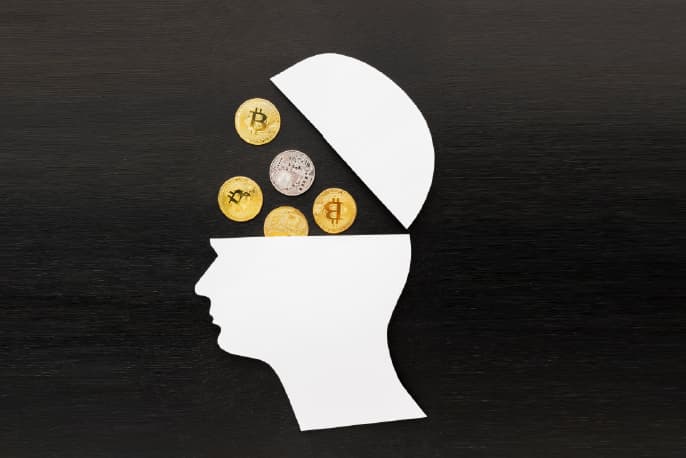The adoption of cryptocurrencies is growing as they offer several benefits compared to traditional forms of payment.
One of the advantages of cryptocurrencies is that they are untied, i.e., no authority manages them, and this makes transactions fast and accessible, besides keeping them secure and anonymous.
Several physical and virtual companies are accepting cryptocurrency as a form of payment, making it more practical and accessible for customers.
Digital currency is also used to store value, as it is usually less susceptible to inflation than traditional currency.
Cryptocurrency is being used for many purposes beyond simply buying and selling goods and services. One area where it is beneficial is in the identity verification process.
Blockchain technology, the technology behind cryptocurrencies, enables the secure and transparent storage of personal data. This can be used to create digital identities that can be verified without the need for a centralized authority. And it can be beneficial in countries where traditional forms of identification are not widely available or easily accessible.
The gaming industry is increasingly using cryptocurrencies, as they now have their currencies to facilitate the purchase of in-game items. These in-game currencies can also be exchanged for other digital currencies, allowing players to earn money from gaming activities.
The US government has recently shown interest in adopting cryptocurrencies for transactions. The ACCEPT Resolution was introduced, which means the adoption of cryptocurrencies in Congress as a form of payment. If adopted, the resolution could see the US government contracting with food vendors and vending machine operators who accept the digital currencies on Capitol Hill property. The ACCEPT Resolution is not a bill but a concurrent resolution used to make or amend rules for the House and Senate. This measure could lead to broader acceptance of cryptocurrency as a valid payment and further boost its usefulness and adoption.
In Brazil, we have the Crypto Kitchen restaurant, a new venture in Rio de Janeiro that will be the first themed restaurant in the country that will allow customers to pay for their meals using cryptocurrency. This is an excellent example of how cryptocurrency is being adopted to make transactions more efficient, secure, and affordable.
Another sector that is already accepting cryptocurrencies as a form of payment is healthcare. Some hospitals and clinics are beginning to accept cryptocurrency as a form of payment for medical services. This can be particularly beneficial for patients who may not have access to traditional banking services or those seeking anonymity in their medical transactions.
The healthcare industry is exploring using blockchain technology to store and share medical records. The decentralized nature of blockchain technology allows for the secure and transparent storage of sensitive medical information, and patients would have complete control over who can access their records. This could improve patient privacy and security while making it easier for medical professionals to access and share important information.
In the charity sector, many non-profit organizations are starting to accept cryptocurrency donations to reach a wider audience and make it easier for donors to contribute. For example, UNICEF accepts cryptocurrency donations, which are then converted into fiat currency to support their various causes. This can benefit both the organization and the donors, allowing faster and more secure transactions.
Overall, cryptocurrency is being adopted for its usefulness in various ways, including as a means of payment, a store of value, and a way to support health and charitable causes. As more businesses and organizations recognize the benefits of using cryptocurrencies, adopting these currencies is likely to increase.




























